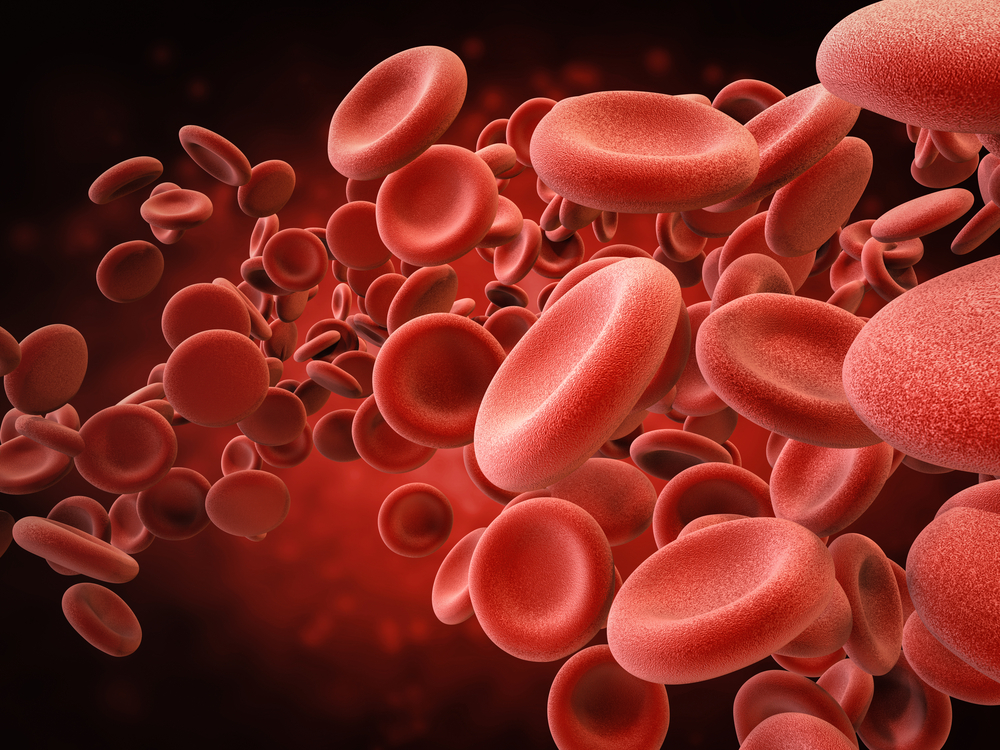Stroke Patient Develops Orolingual Angioedema After Alteplase Administration, Case Study Reports
Written by |

Researchers from University of Chicago Medicine reported the case of a patient who developed orolingual angioedema after the administration of alteplase (sold under the brand name Activase), and suggest how physicians should proceed in case of an emergency.
The study, “A Case Report of Unilateral Orolingual Angioedema Secondary to Alteplase Administration,” was published in Cureus.
Angioedema is the medical term to describe tissue swelling, typically caused by a severe allergic reaction. The swelling is caused by the expansion of blood vessels in the deep layers of the skin or mucosa, leading to the accumulation of fluid (edema).
In some cases, orolingual angioedema — an unusual form of the disease that affects the mouth or throat, causing tissue swelling, shortness of breath, and difficulty swallowing — has been associated with the administration of alteplase.
Alteplase, or tissue plasminogen activator (tPA), is a thrombolytic drug that works by preventing the formation of blood clots to ensure a steady blood flow. Previous studies reported that between 1.3% to 5% of patients receiving alteplase develop angioedema.
Specifically, patients taking angiotensin-converting enzyme (ACE) inhibitors (medications that help relax blood vessels and are normally used to treat hypertension and congestive heart failure), or those who have already had a stroke have higher risks of developing angioedema after taking alteplase.
In this report, researchers described the case of a stroke patient admitted to the University of Chicago emergency department who experienced orolingual angioedema after receiving alteplase.
The 71-year-old woman had a medical history of hypertension and stroke and was prescribed aspirin, diltiazem, and lisinopril daily.
After arriving at the emergency room, the patient had slurred speech, a right-sided facial droop, muscle weakness in her right arm and leg, as well as tongue deviation to the right and an initial NIH Stroke Scale score of 4.
Following a computed tomography (CT) scan that revealed signs of brain damage, physicians decided to administer alteplase intravenously, first at 0.09 mg/kg and then at 0.81 mg/kg, as a preventive measure.
The patient’s symptoms started to improve about 10 minutes after alteplase administration. However, 30 minutes after administration, her tongue started to swell — and continued to swell over the course of 20 minutes — until physicians noticed the patient’s throat was also swelling.
To stop the swelling, doctors administered a cocktail of drugs, including diphenhydramine (an antihistamine), methylprednisolone (a corticosteroid) and famotidine (a histamine-2 blocker).
The patient remained in the hospital to recover and was discharged four days later with instructions to maintain her daily medications, and include Keppra (levetiracetam), an anti-epileptic drug.
“If one does encounter a patient experiencing angioedema during or after tPA administration, … the next steps in management involve: stopping the infusion, diphenhydramine, histamine antagonists, steroids, epinephrine, and an otolaryngology/anesthesia consult if needed. The patient’s airway should be assessed every 15-20 minutes prior, during, and after tPA [alteplase] administration and any changes treated accordingly,” researchers wrote.
”We believe angioedema should also be considered during [alteplase] administration as it could have life-threatening effects. If the patient has dyspnea [shortness of breath], swallowing difficulty, or noted swelling, consider tPA-associated angioedema in the differential diagnosis and apply the treatment strategy noted above,” they added.





